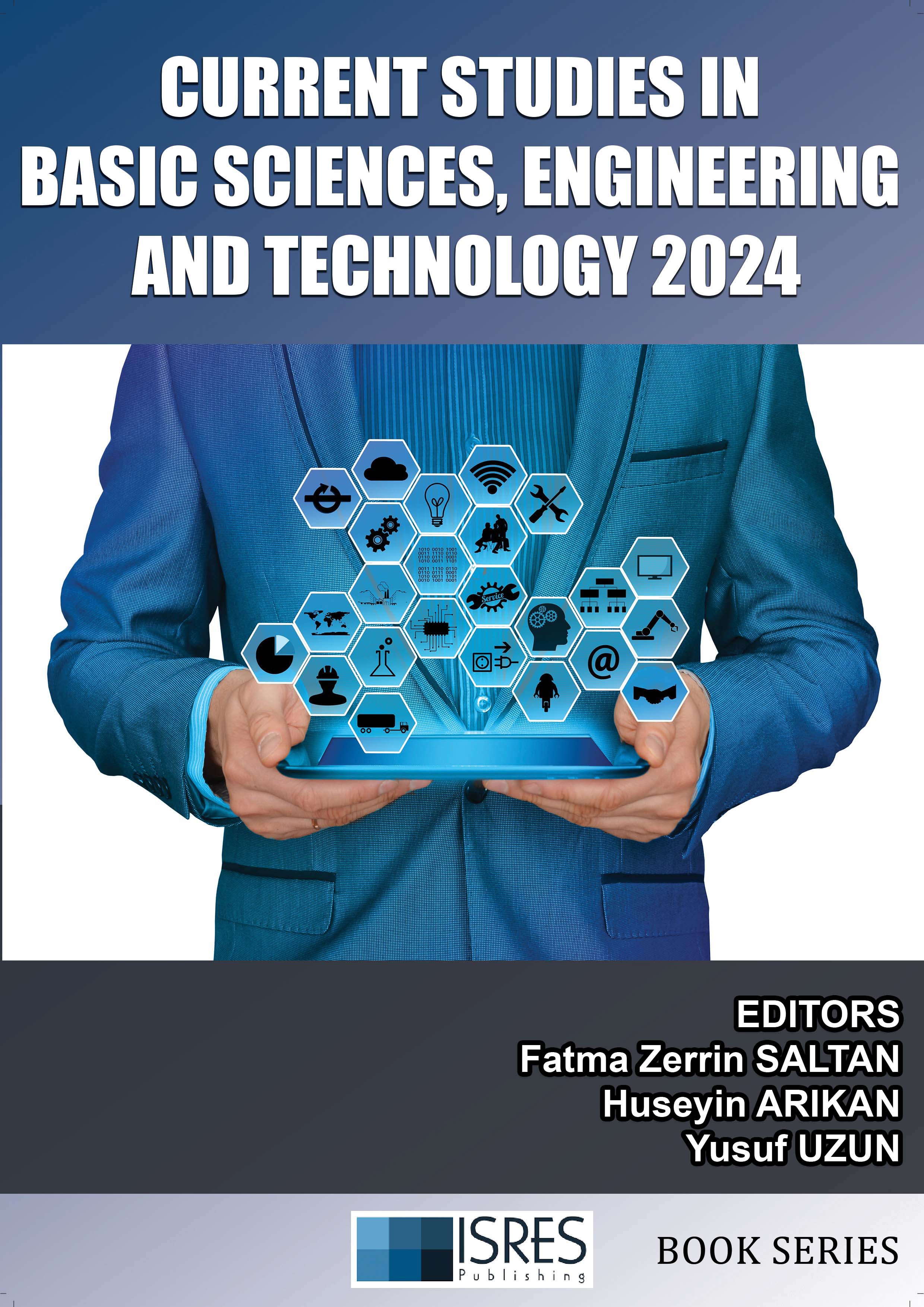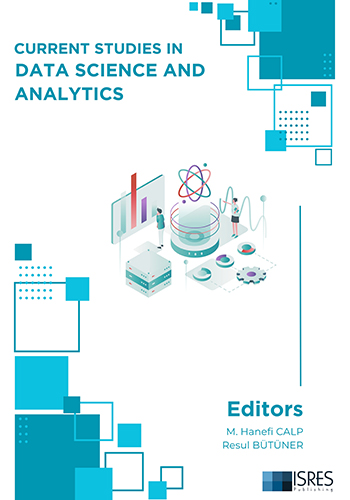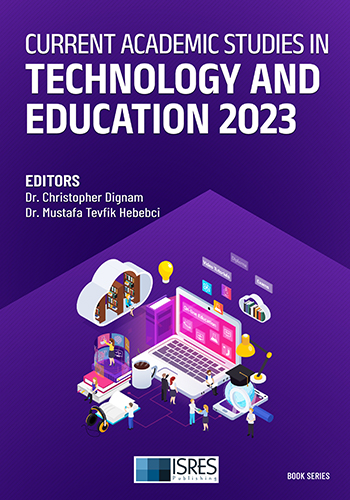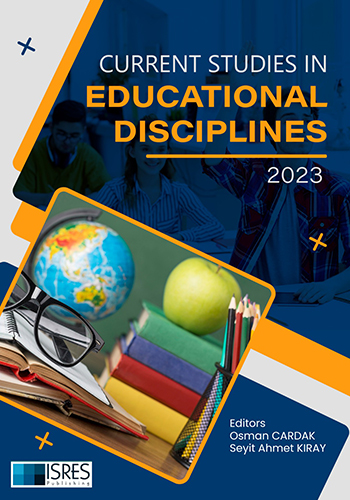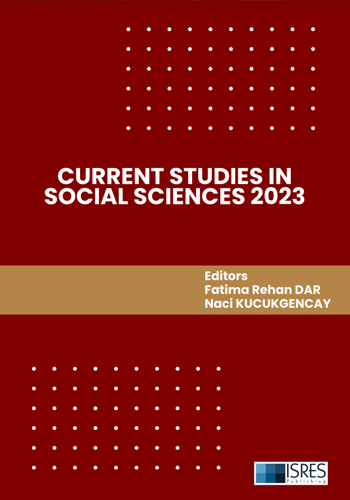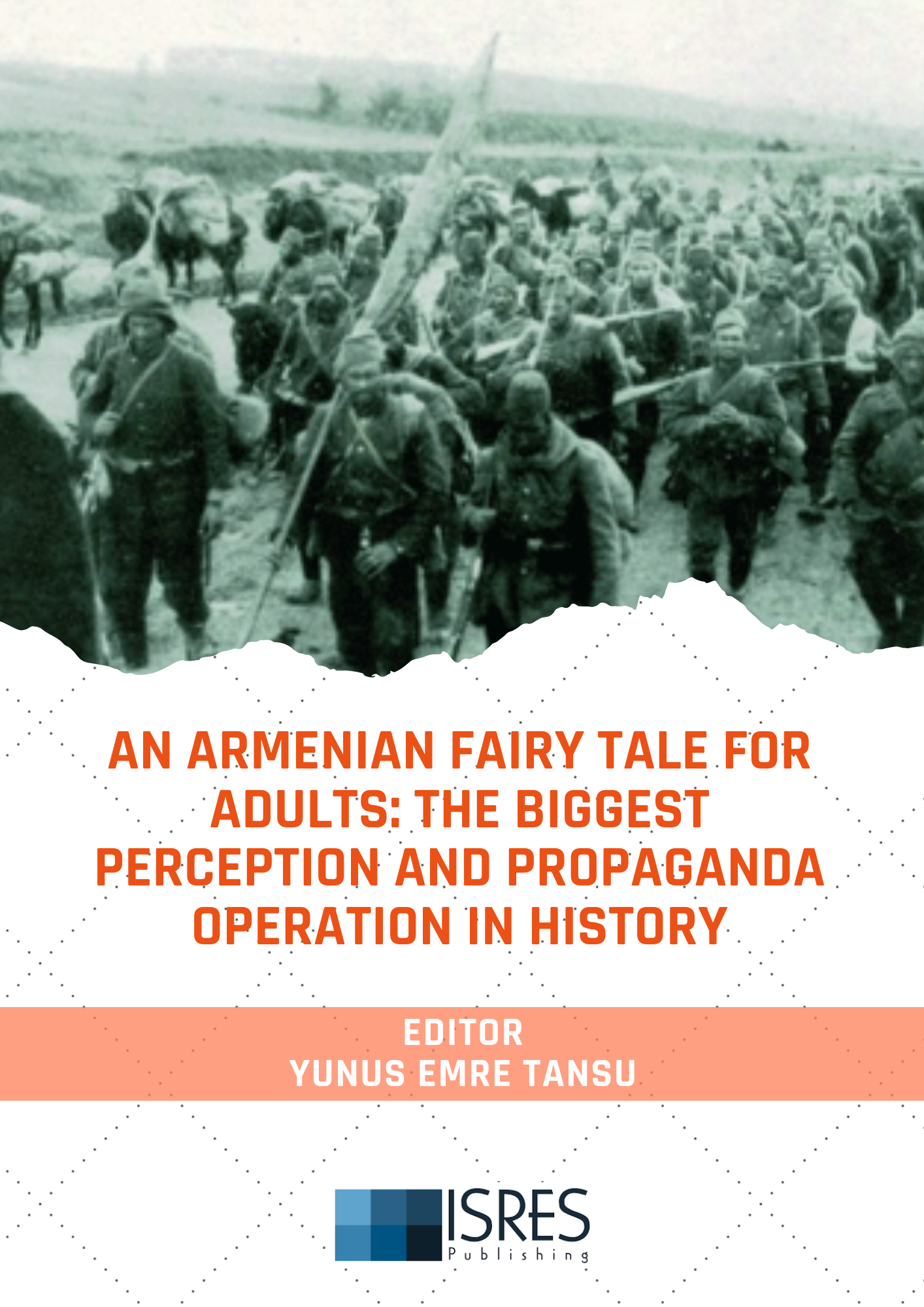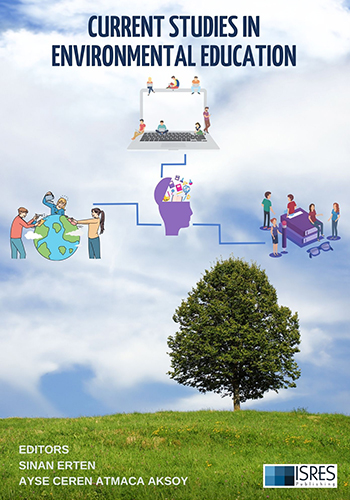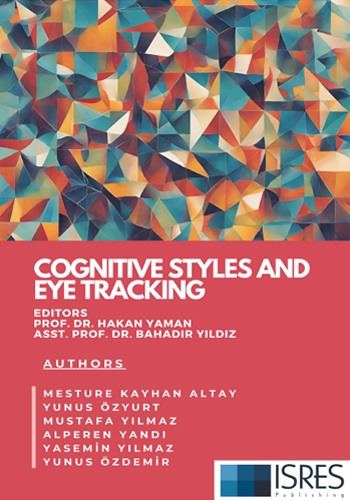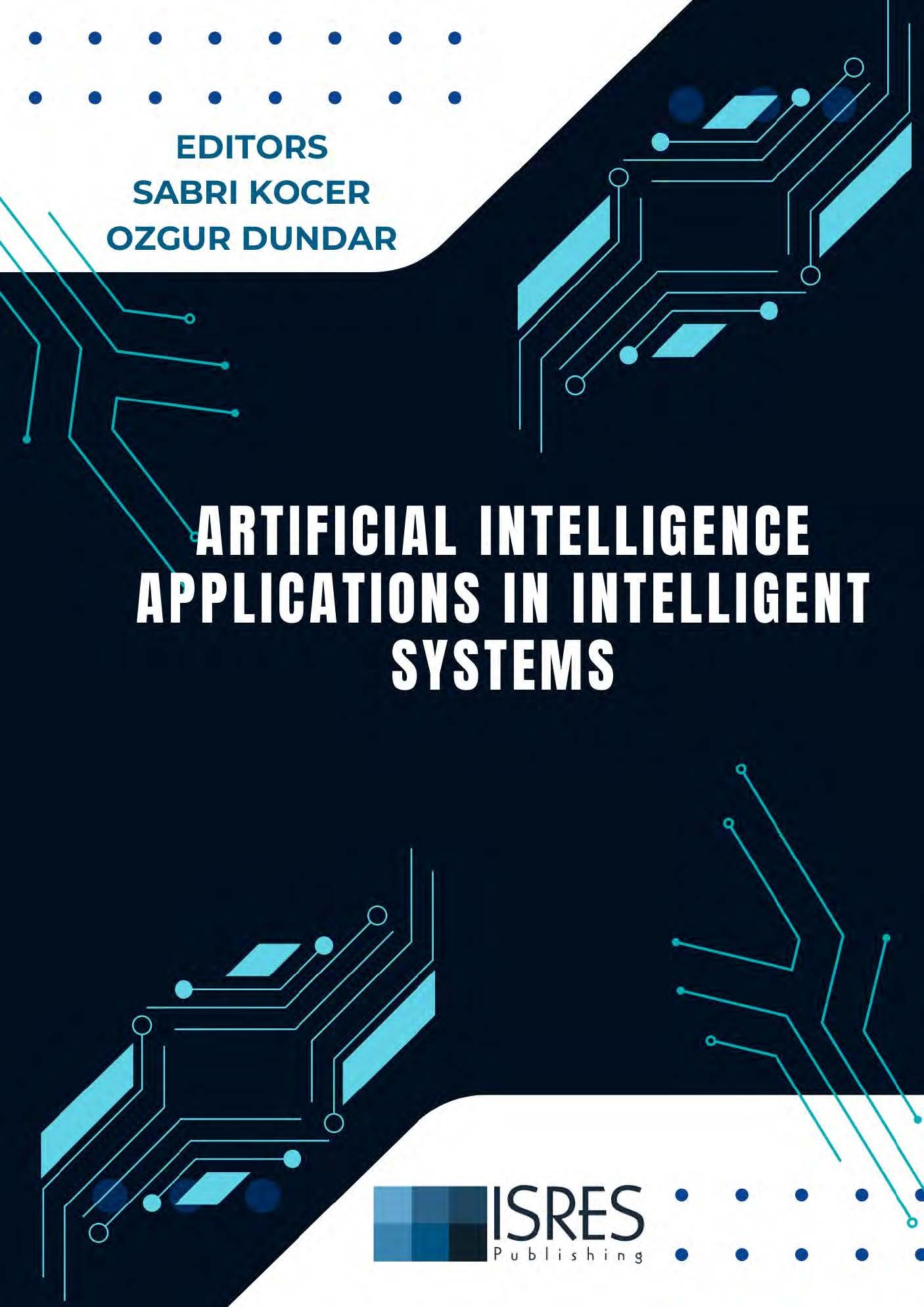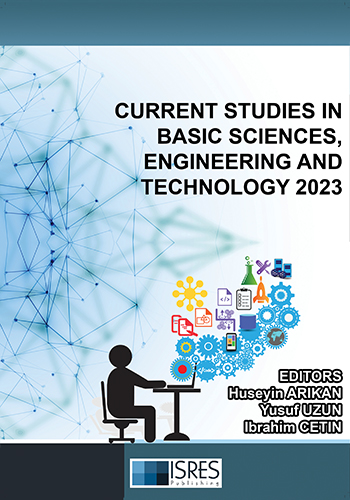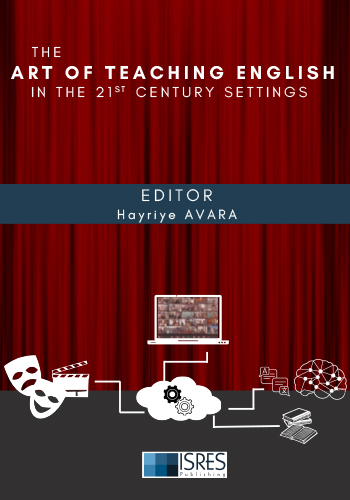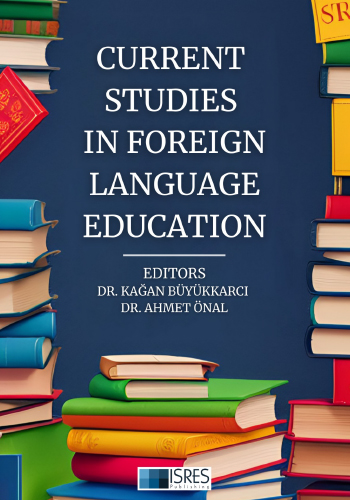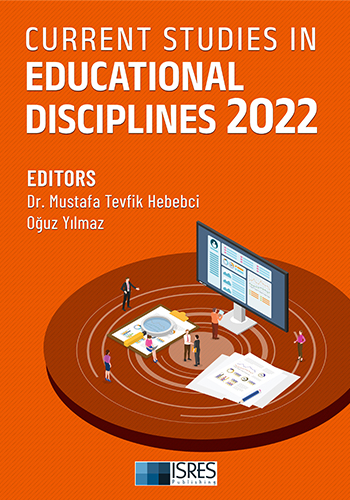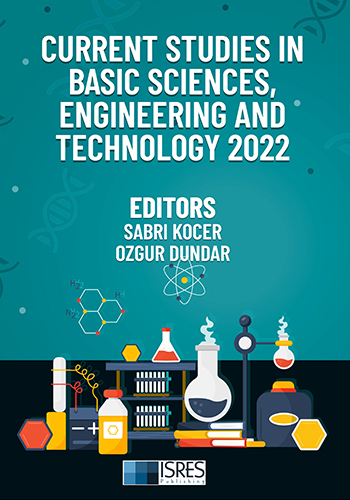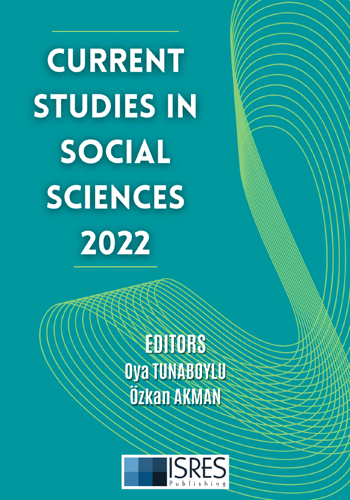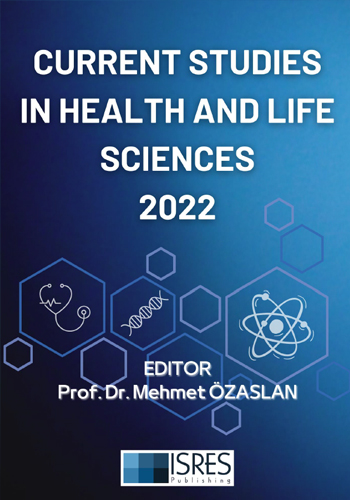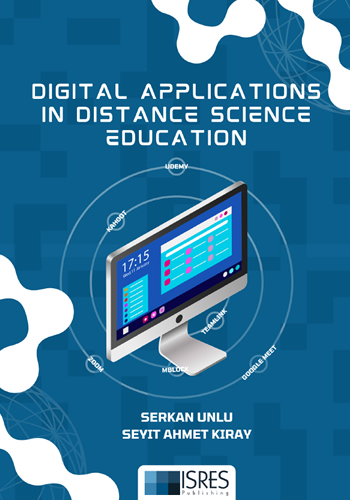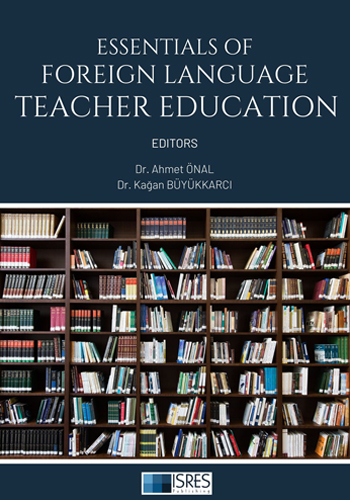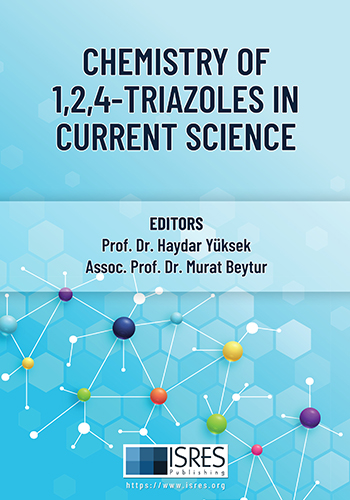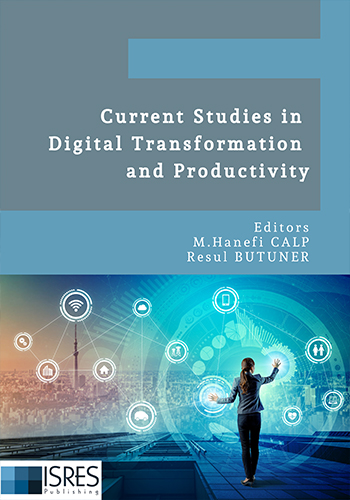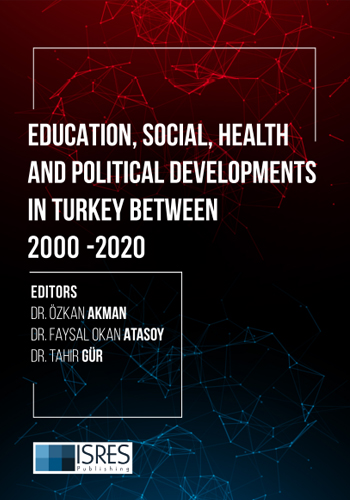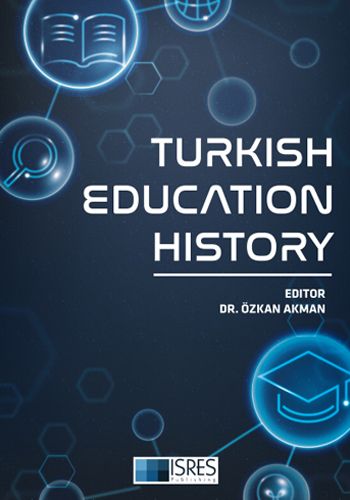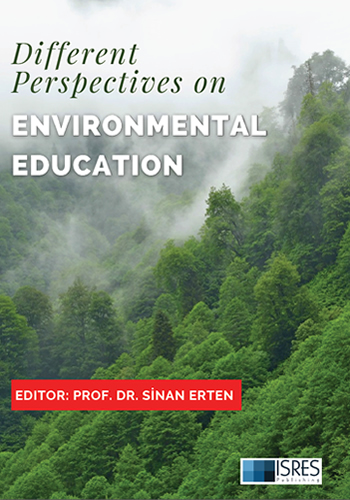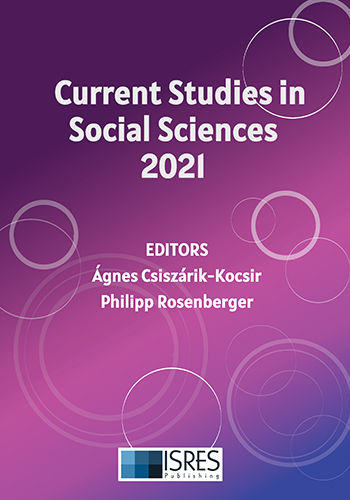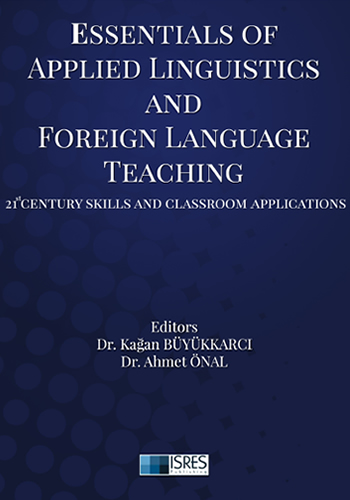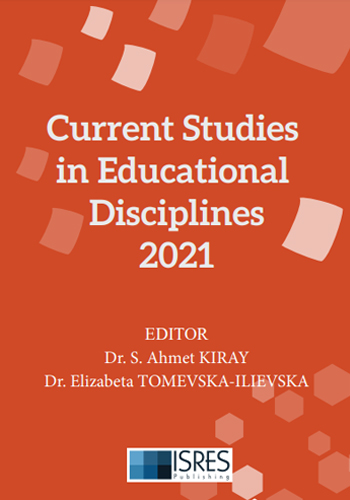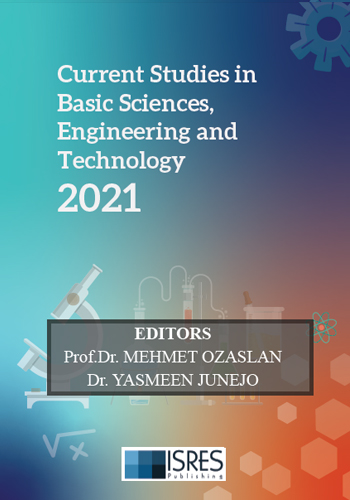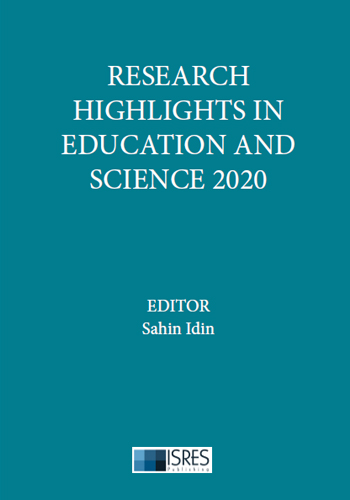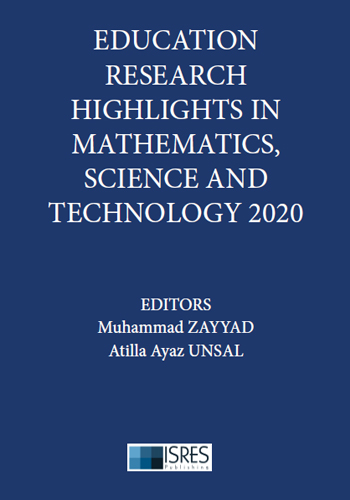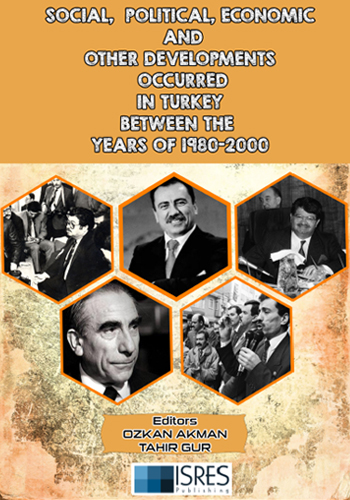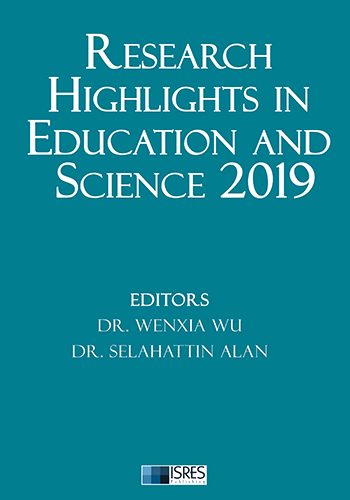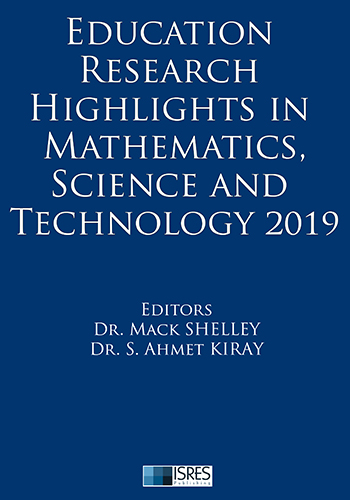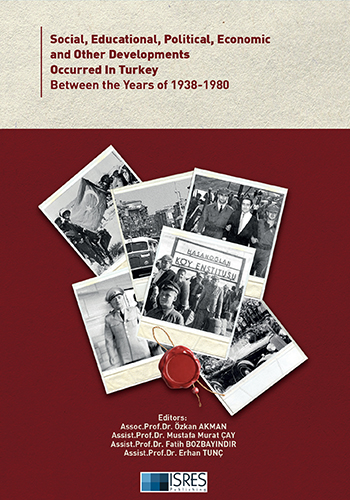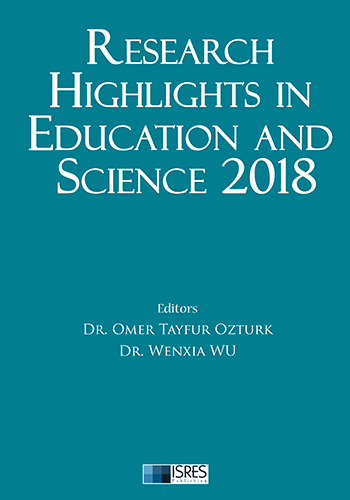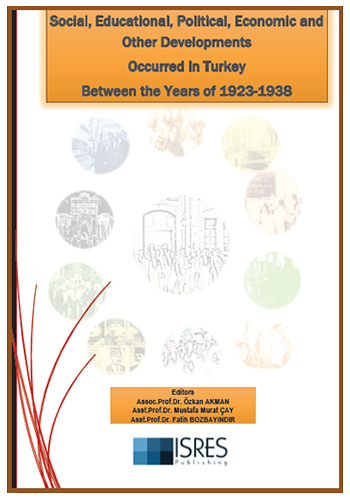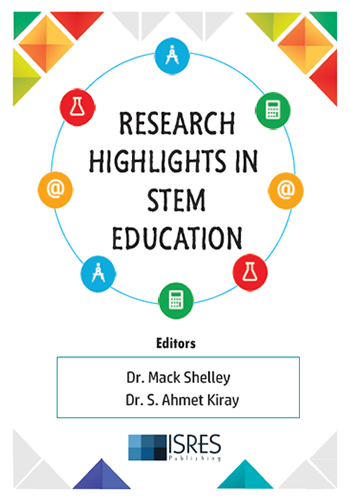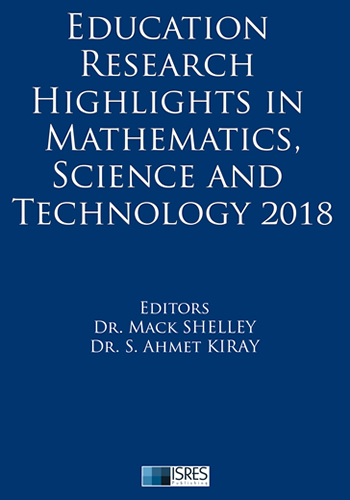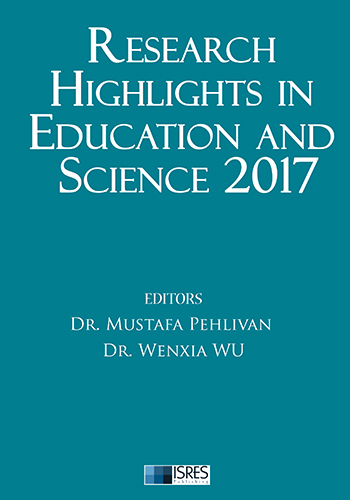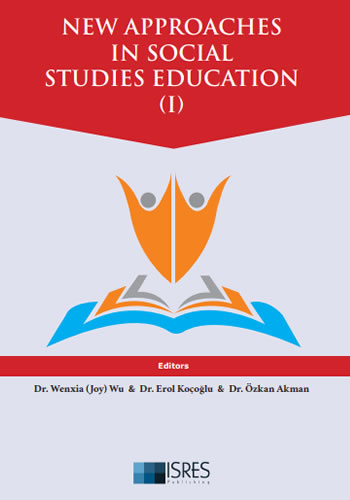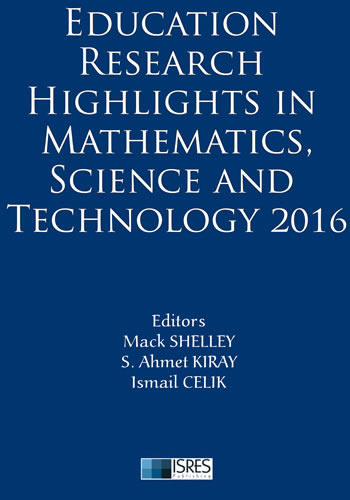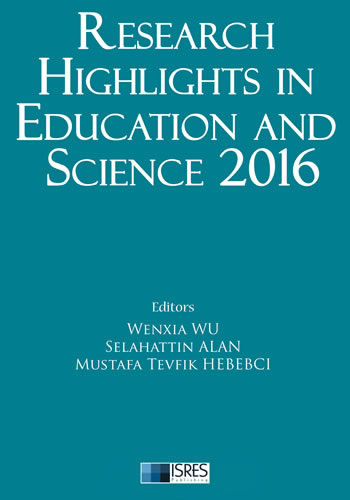Abstract: The importance of communication for the learning of mathematics is well established in mathematics education literature. The context of the reported inquiry looked beyond cognition in mathematics class related to specific content to explore how students could develop learning processes to improve their approach to high school mathematics. Conversation, as a specialized construct of communication, holds promise to inform how teachers and students could attend to growth in learning processes and selves in the context of mathematics class. The curriculum inquiry first identified key studies from mathematics education which use conversation as context for students’ mathematical learning. Philosophical approaches that underpinned the studies were examined, such as hermeneutics, narrative, dialogism, care, epistemological frames, and enactivism. The philosophical traditions contained assumptions and conceptualizations of conversation which provided theoretical potency for this type of communicative act in mathematics class. The results of synthesis of the philosophical traditions indicates that conversation can be an effective space for high school mathematics students in engaging in learning to learn mathematics given consideration for five key features, learning and growth as aim, and the relational space of conversations.
Conversation as a Space for Students’ Learning in Mathematics Class: Re-Visioning Communicative Interactions
Education Research Highlights in Mathematics, Science and Technology 2017
Editors: Dr. Mack Shelley, Dr. Mustafa Pehlivan
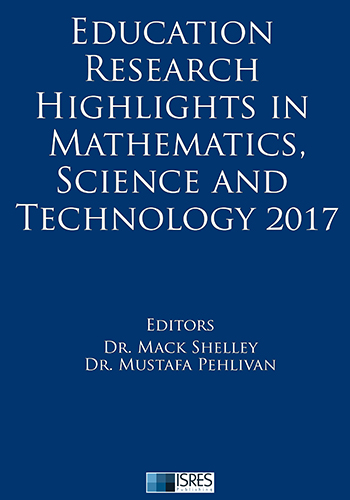
4385
Conversation as a Space for Students’ Learning in Mathematics Class: Re-Visioning Communicative Interactions
Chapter Authors: P. Janelle McFeetors
Pages: 2-13
Other Chapters
Conversation as a Space for Students’ Learning in Mathematics Class: Re-Visioning Communicative Interactions
P. Janelle McFeetors
More Info Pages: 2-13
High Level Constraints Weighting on The Possible Shapes Knowledge Can Take on
Pierre Job, Jean-Yves Gantois
More Info Pages: 14-20
A Review of Research on The Misconceptions in Mathematics Education
Yasin Ay
More Info Pages: 21-31
Mathematics Education in South Africa: Many Perspectives, Many Voices
David A. Thomas, Heather A. Handy, Gerrit H. Stols
More Info Pages: 32-41
Infinity as a Mathematics Education Playground
Paul Betts
More Info Pages: 42-46
Educational Design of a Snake Game for Basic Mathematical Operations with a Different Approach
Hayri Incekara, Burak Tezcan, Selahattin Alan, Sakir Tasdemir
More Info Pages: 48-53
A Literature Review: Ipad Technology in The Mathematics and Science Classrooms
Sharon Grace Bixler
More Info Pages: 54-66
Improving Efficiency of Operational Education by Using Virtual Reality
Gazi Kocak, Yalcin Durmusoglu
More Info Pages: 67-71
Role of Information Technology in Education in India
Sangappa S. Rampure
More Info Pages: 72-76
Support and Considerations for Implementing The Survey Toolkit Project-Based Curriculum Using Tinkerplots®
Thomas Walsh Jr.
More Info Pages: 77-94
Web 2.0 in Nigerian University Libraries: A Literature Review
Joseph Chukwusa
More Info Pages: 95-101
Strategies Fostering Development of Innovations in The Areas Of STEM
Anna Szemik-Hojniak
More Info Pages: 102-111
Delineating The Roles of Scientific Inquiry and Argumentation in Conceptual Change Process
Ozgur K. Dogan, Mustafa Cakir, Robert E. Yager
More Info Pages: 113-121
The Use of Laboratories in Science Teaching
Cemil Aydogdu
More Info Pages: 122-131
Lessons Learned Around The Block: An Analysis of Research on The Impact of Block Scheduling on Science Teaching and Learning
Dorothy Holley, Soonhye Park
More Info Pages: 132-138
Budapest/Hungary Conferences - August 28-31, 2025
We are pleased to invite you to ISRES conferences, which will be held at Obuda University/Budapest/Hungary on August, 28-31, 2025. The following conferences will be held in Budapest/Hungary:...
15.01.2025
Trabzon/Türkiye Conferences - May 01-04, 2025
ISRES Spring Conferences - Trabzon/Turkiye SOCIAL SCIENCES – May 1-4, 2025, Trabzon, Türkiye * 5th International Conference on Social Science Studies - IConSoS2025 ...
11.12.2024
Peja/Kosovo Conferences - July 10-13, 2025
We are pleased to invite you to our conferences, which will be held at University of Peja Haxhi Zeka on July, 10-13, 2025. The following conferences will be held in Peja/Kosovo: - 7th Internat...
28.11.2024





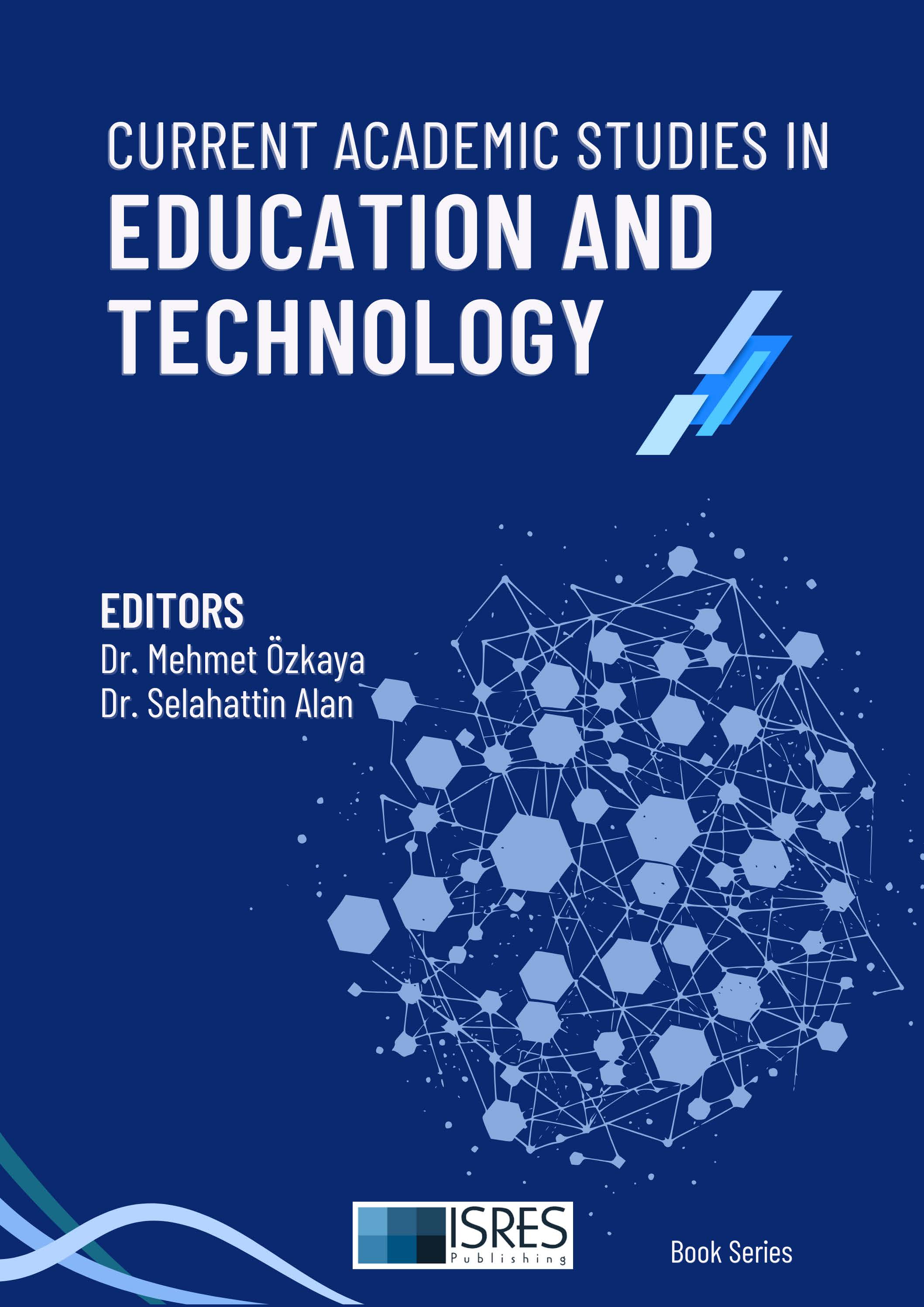


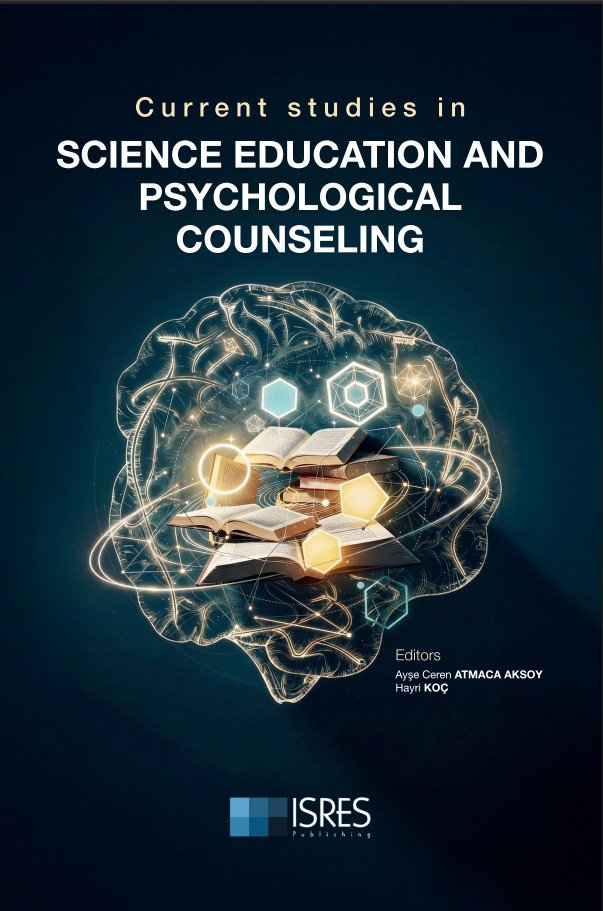
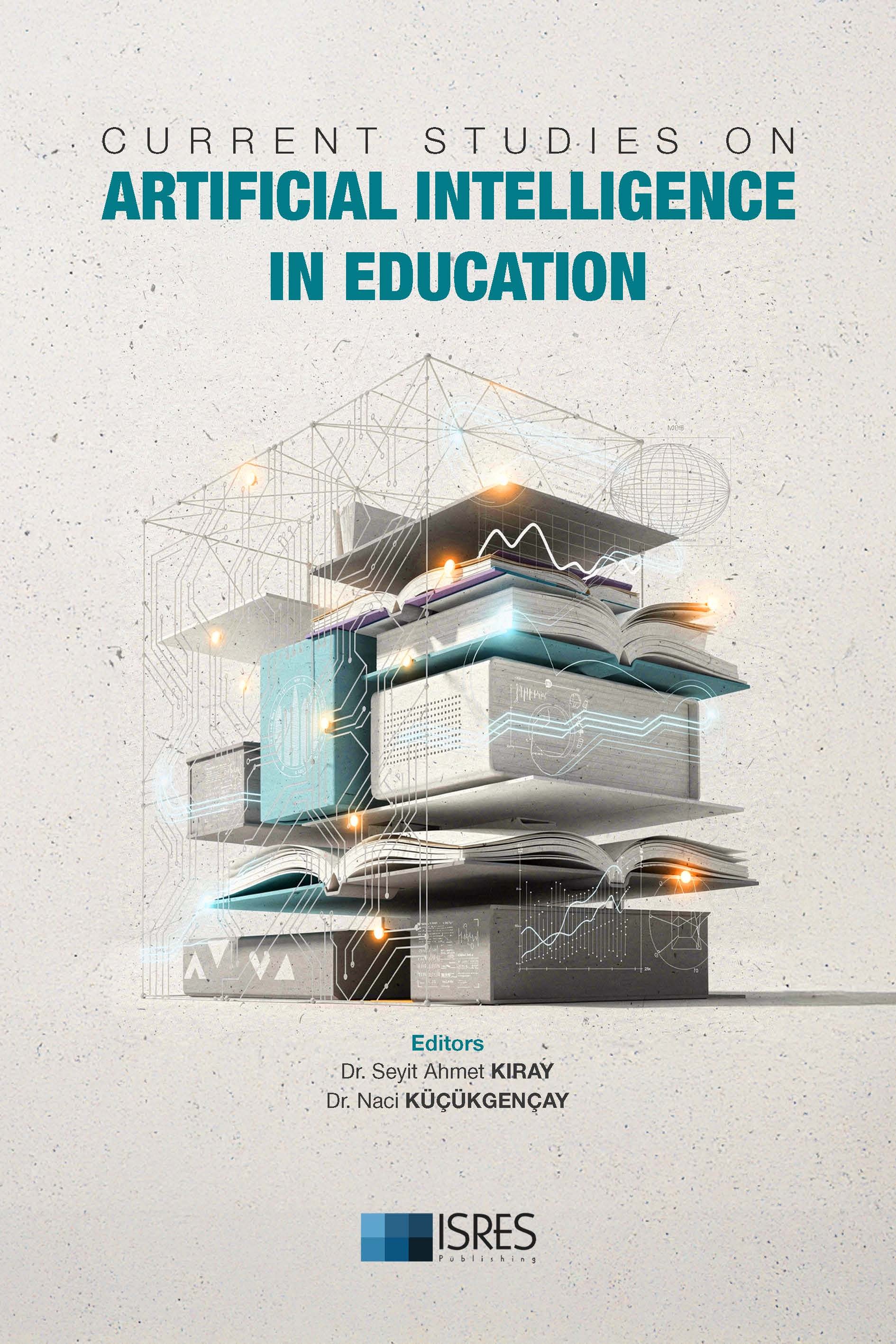
_Sayfa_001_23-12-2025.jpg)
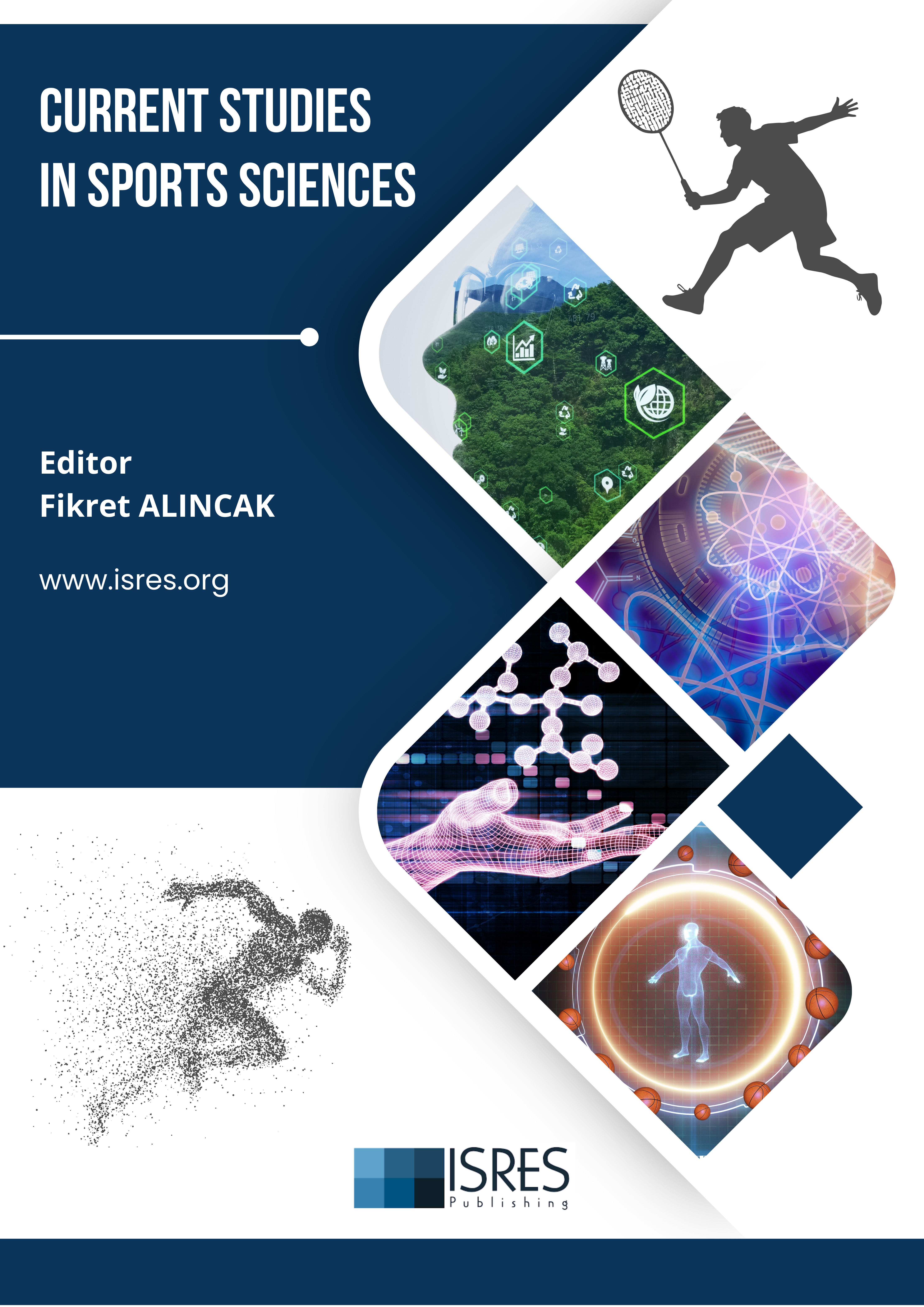


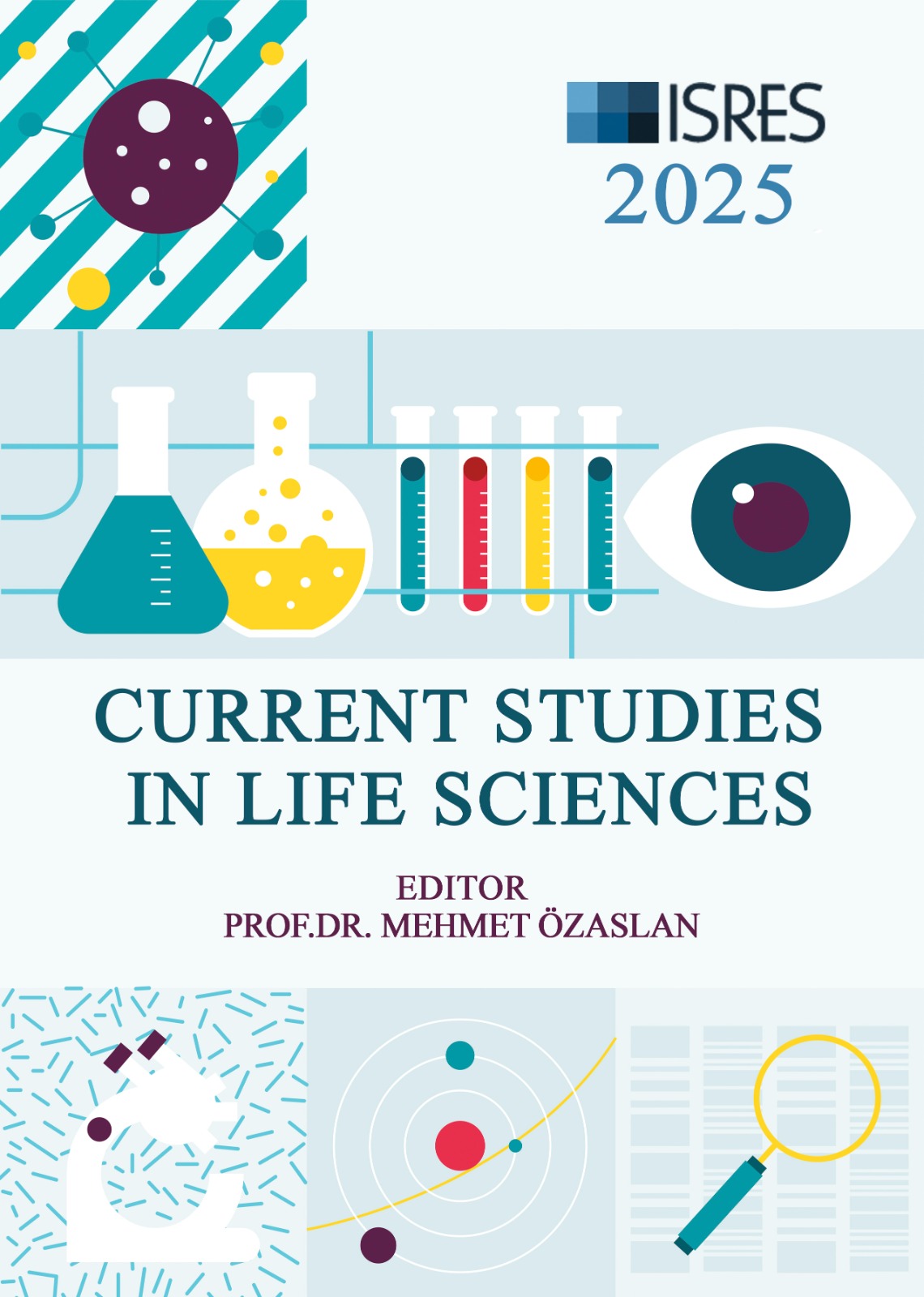
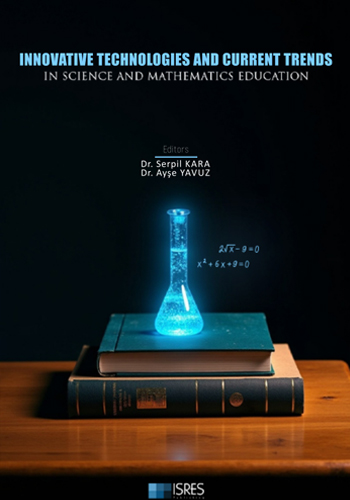





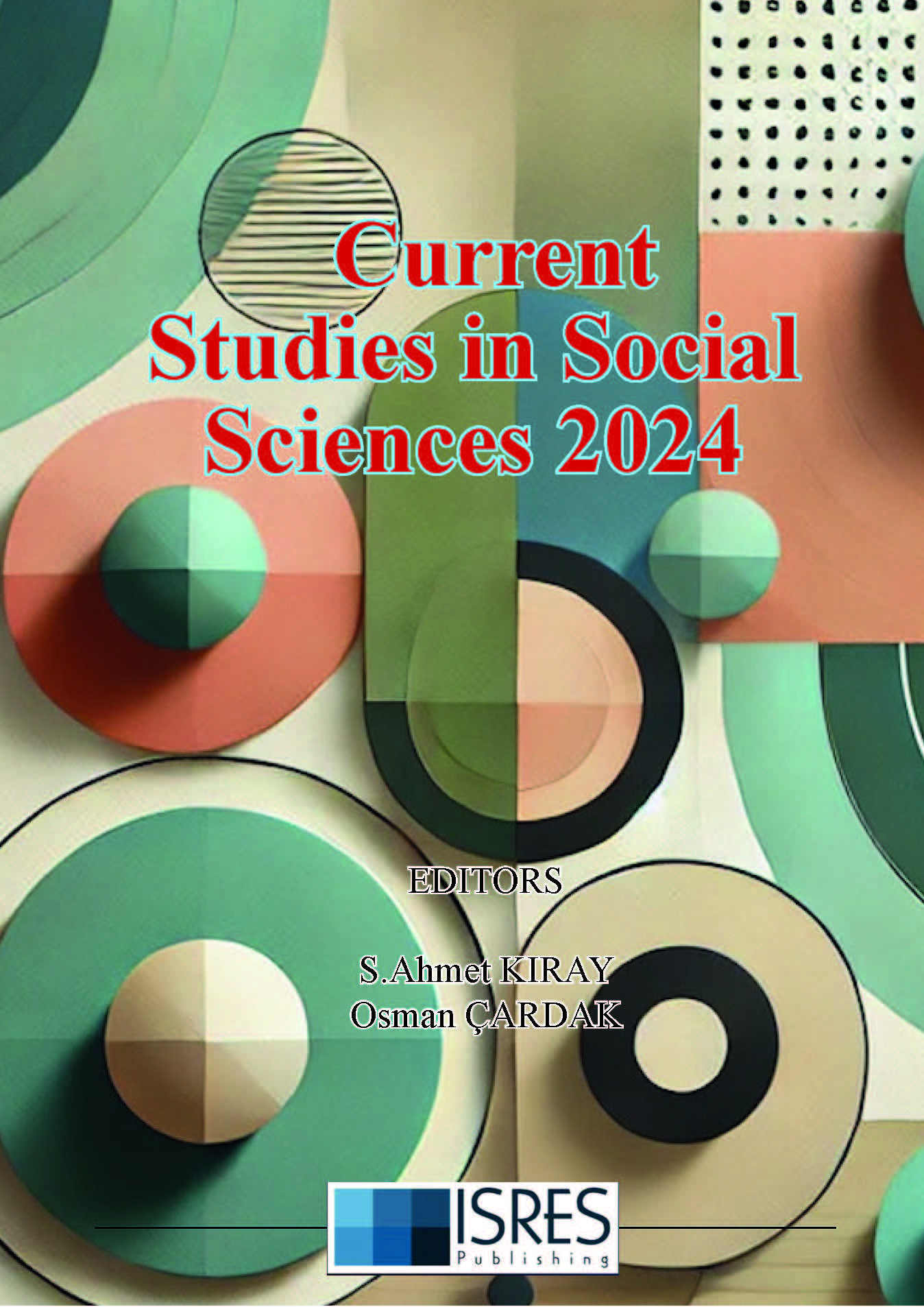
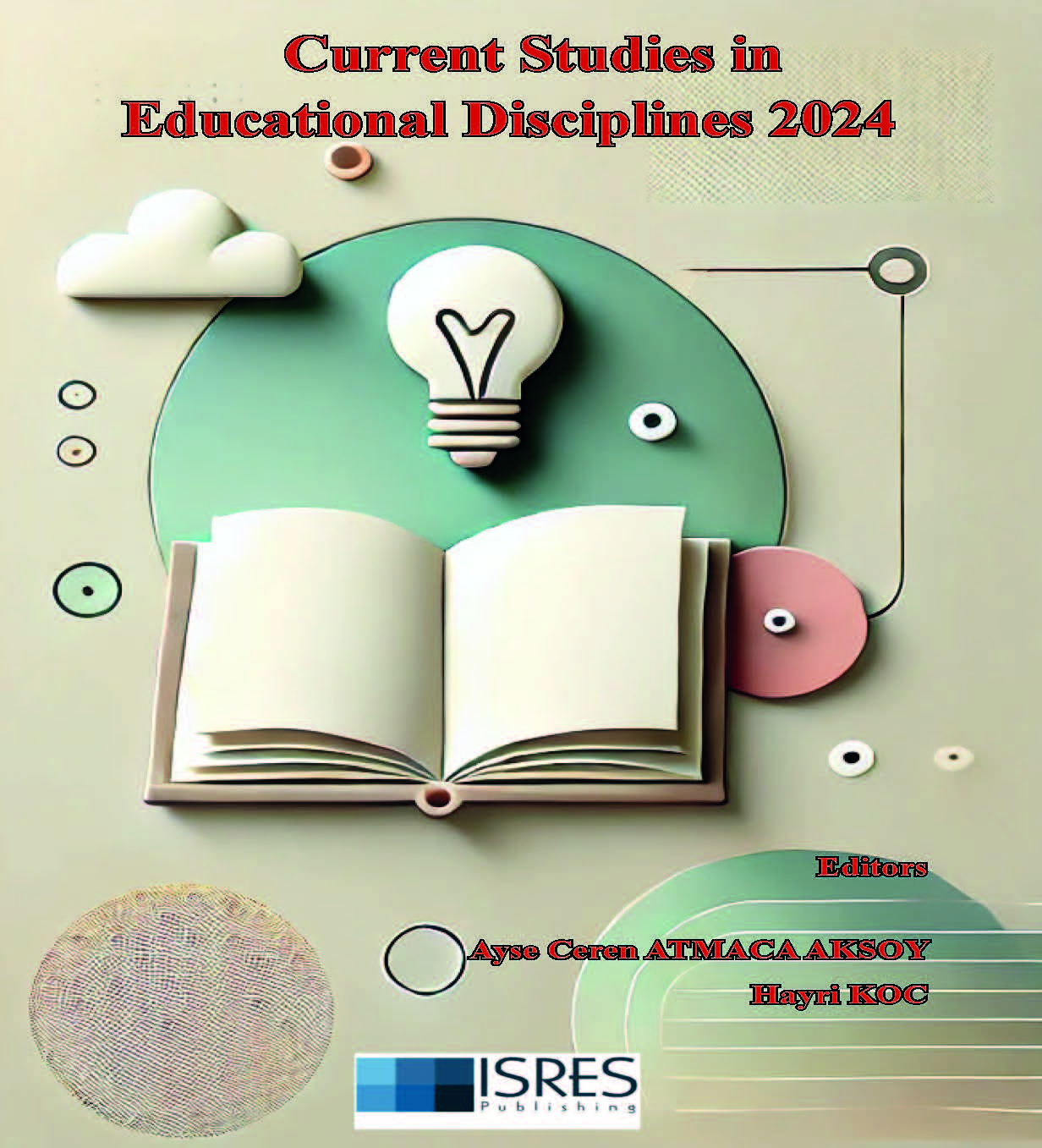
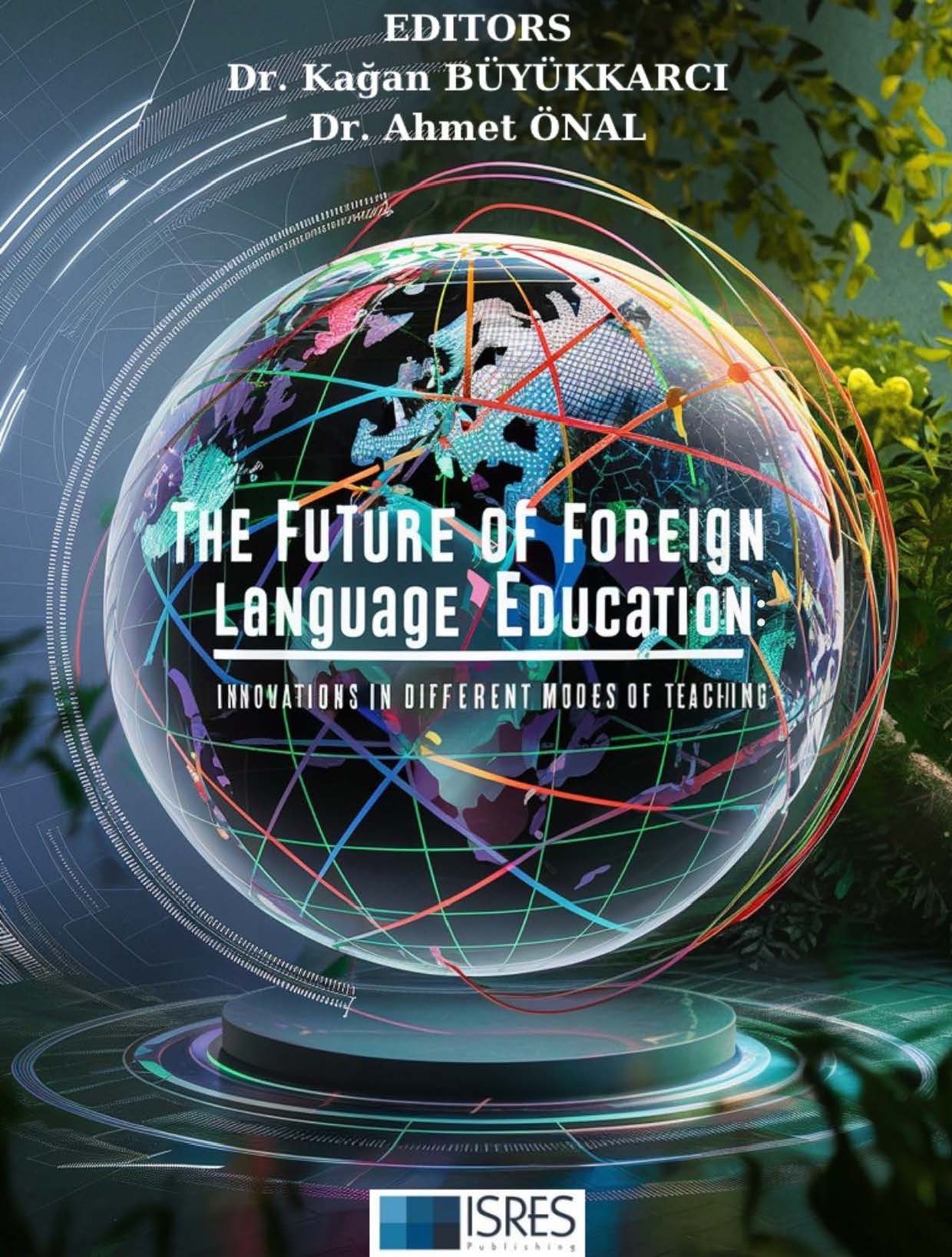
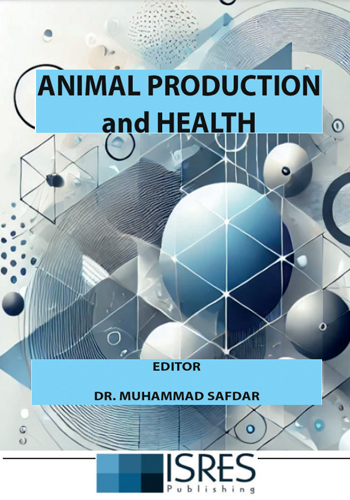
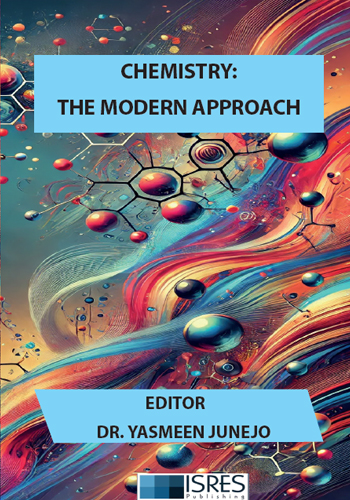
 (1)_16-12-2024.jpg)


_29-12-2024.jpg)
 (1)_01-01-2025_10-03-2025.jpg)

_01-01-2025.jpg)
